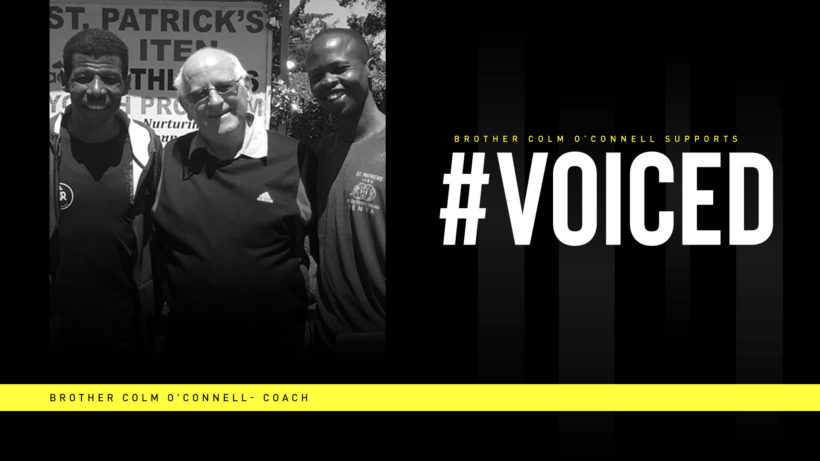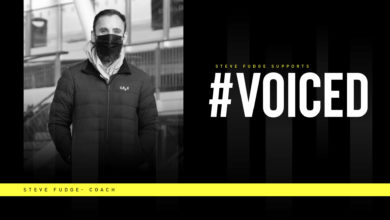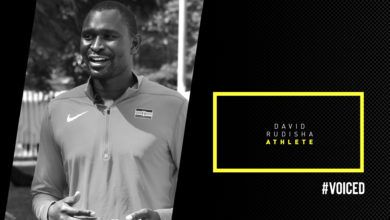Country: Kenya
Profession: Coach
Head Coach of St. Patrick’s Athletics Program in Iten, Kenya, Brother Colm is known as “the Godfather of Kenyan running”. He has over 120 training camps; twenty-five of his students have gone on to become world champions, and four have won Olympic gold medals – David Rudisha, Vivian Cheruiyot, Peter Rono and Matthew Birir. In 2019, Brother Colm was honoured with the Coaching Achievement award at the World Athletics Awards.
What has been a defining moment in your career?
In my personal life, I would see it as my decision to join the Patrician Brothers.
In my athletic coaching career, on the level of inspiration and gaining self-confidence, it could be when Peter Rono won our first Olympic Gold Medal in Seoul in 1988.
On the level of individual achievement, it has to be when David Rudisha crossed the finish line in the London Olympic 800 meters Final, with not only the Gold Medal, but a World Record run in an iconic race.
However, my decision to become a member of the teaching staff of St. Patrick’s in Iten, and the opportunity it gave me to work as a coach among the youth, has been a continual inspiration to me, for over 40 years. Seeing the next generation of athletes, such as Rhonex Kipruto, emerge, helps me to keep my feet on the ground and remember that the person is more important than the sport. Working with youth keeps one ‘young at heart’.
What was the first thought that went through your mind when you heard the Tokyo Olympics had been postponed?
Tokyo 2020 would have been a defining moment for many athletes including some from my own group – adidas Running supported St. Patrick’s Athletics Program. However, as Covid-19 began to spread, the possibility of the Games taking place in 2020 began to fade in the minds of many, including myself. Thus, the postponement was not a major surprise to me. Yes, I felt that this could be a missed opportunity, especially when one has an athlete (or two) who may be considered medal prospects. Considering the risk involved with the spreading of the virus, I agree that it is essential that we put the welfare and health of the society first.
However, looking on the positive side, as the coach of a relatively young group of aspiring athletes, I can take consolation from the fact that they will be a year older, and hopefully, a year wiser, and more experienced by 2021.
What is your greatest extravagance?
I would not consider myself as an extravagant person. However, due to the nature of my work as a coach, I have found myself from time to time in extravagant situations.
I try to instill the value of simplicity and a sense of reality in our group of athletes, enabling them to be grounded, and keep in mind where they came from.
Which superpower would you like to have?
I am not sure if I wish to have a superpower, or even have super-qualities. The ‘power’ or ability to ’empower’ others and have a positive impact on their lives is quite sufficient for me.
When under pressure, what do you say to yourself to help you get through it?
Pressure to perform or to reach standards set by oneself or others can be quite demanding. By nature, I think my approach to pressure situations is rather temperate. I am not sure if I acquired that trait because of years of involvement in coaching. I have not attended major competitions and, therefore, I tend to avoid pressure situations.
I like to think that once my athletes are well prepared for a competition, then, as a coach, I can trust them to make correct decisions – this can reduce the pressure on athlete and coach. Of course, there is always an element of ‘hype’ leading up to a final, expectations are high and even worries can set in.
I seldom or never expect an athlete from my group to do something in competition that he/she has not done several times in training. Again, all the athletes from my group who have been successful at senior level have been developed from within my program. Thus, over a number of years, they are gradually being prepared for pressure situations.
As a coach I have a level of confidence in my athletes, and that significantly reduces the ‘pressure’ I may experience during competition.
As a Religious Brother, I find that prayer can have a ‘ levelling’ effect. This, with the realization that the outcome of a race, doesn’t rest solely on me, is also a factor which can help me cope with the pressure.
What three things you would take with you if had to be stranded on a desert island for a year?
Difficult to imagine. I often tell my athletes and friends that human beings are generally more resilient when challenged than we sometimes assume.
With the experience of the Covid-19 over the past few months, we all have to resort to ‘hidden talents’ and strengths that we may not have realized we had. And, as my athletes know, it is during such ‘tough and challenging’ situations that we see what we are really made of.
We very often learn more from our failures than from our successes.
On a deserted island I would wish to have the skill and the ability to be contented with my own company, the ability to chill out and relax. One of the well documented requirements in such a situation is to have one’s favorite book, such as The Bible. This, of course, for me is a way of inspiring one to reflect on life, and dig deep into one’s inner self and move a step closer to one’s connection with nature and with one’s surroundings.


